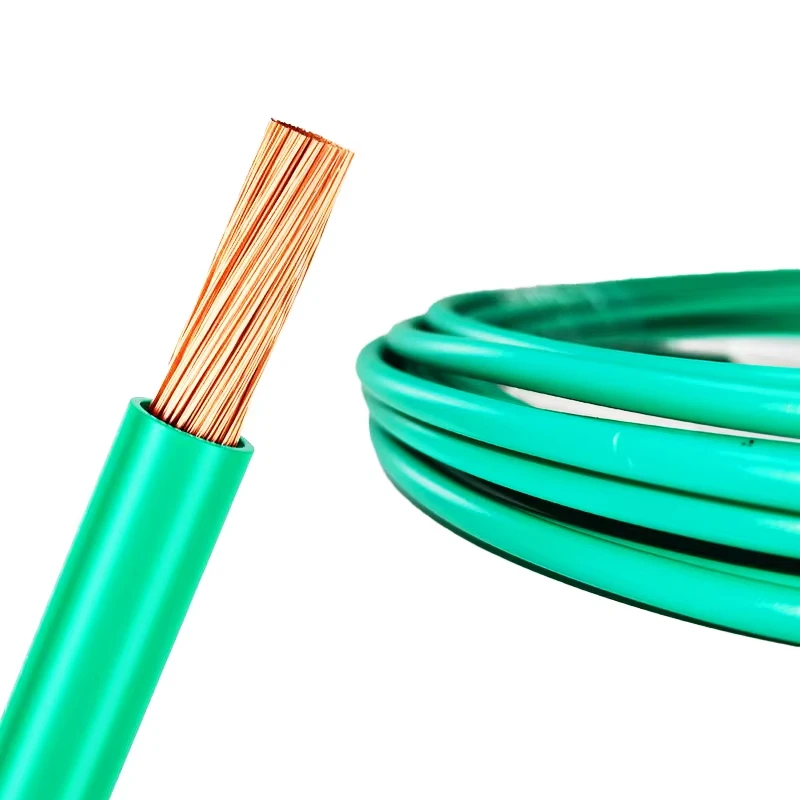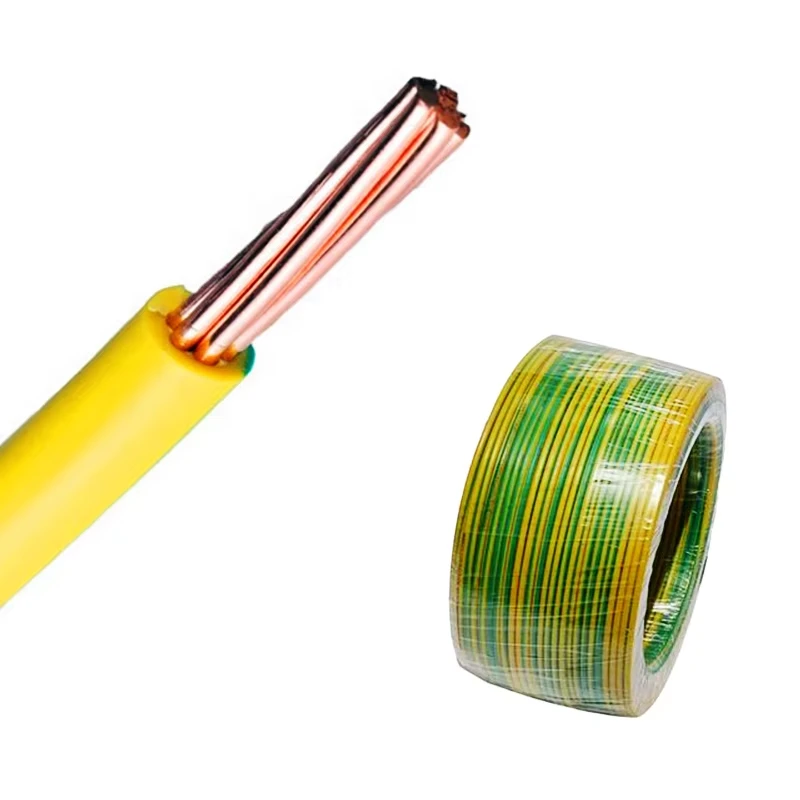
CE Certified 6mm Solar PV Cable for Reliable Solar Panel Installations
Understanding CE Certification for 6mm Solar PV Cables
In the realm of solar power technology, the efficiency and reliability of components play a crucial role in the overall performance of photovoltaic (PV) systems. Among these components, solar PV cables are essential for connecting solar panels to inverters and other electrical devices, ensuring safe and effective energy transfer. One specific cable type that has garnered attention is the 6mm solar PV cable, particularly when it comes with CE certification. This article delves into the significance of CE certification, the technical aspects of 6mm PV cables, and their importance in solar energy systems.
What is CE Certification?
CE certification signifies that a product meets European Union (EU) safety, health, and environmental protection requirements. It stands for Conformité Européenne, and applying it to products ensures that they comply with EU legislation. For solar PV cables, CE certification is paramount as it verifies that the cables have been tested and deemed safe for use in various environments, including outdoor conditions. This certification not only enhances product credibility but also assures customers of its compliance with essential standards.
Importance of 6mm Solar PV Cables
The 6mm solar PV cable is widely used in solar energy systems due to its appropriate balance between flexibility and robustness. Here are several attributes that underscore the importance of 6mm cables
1. Current Carrying Capacity A 6mm PV cable typically carries considerable current, making it suitable for mid-range solar systems. It can handle the demands of residential and small commercial installations efficiently.
2. Voltage Drop Low voltage drop is crucial in maintaining the efficiency of a solar power system. The larger cross-sectional area of 6mm cables allows for reduced resistance, ensuring minimal energy loss during transmission.
3. Flexibility and Installation The 6mm cable strikes an excellent balance between rigidity and flexibility. This makes installation easier in various configurations, including tight spaces commonly found in solar rooftops.
4. Durability and Weather Resistance Solar PV cables are often exposed to harsh environmental factors, including UV radiation, moisture, and temperature fluctuations. High-quality 6mm cables are designed to withstand these conditions, thanks to high-grade materials like cross-linked polyethylene (XLPE) or ethylene propylene diene monomer (EPDM) insulation.
CE Certification Process for Solar PV Cables
ce certification solar pv cable 6mm

Obtaining CE certification for 6mm solar PV cables involves a comprehensive evaluation process, which includes
1. Testing Cables must undergo rigorous testing to ensure they meet the EU's standards. This includes assessments of electrical resistance, thermal behavior, and mechanical properties.
2. Documentation Manufacturers need to compile substantial documentation demonstrating compliance with relevant directives and standards. This includes technical files, product specifications, and test results.
3. Declaration of Conformity Upon passing all necessary evaluations, manufacturers must provide a Declaration of Conformity, which assures customers that their products meet the EU standards for safety and performance.
4. Ongoing Compliance CE certification is not a one-time process. Manufacturers must continually monitor and maintain compliance with evolving standards and regulations to ensure their products remain safe and effective.
Benefits of Using CE Certified 6mm Solar PV Cables
Using CE certified 6mm solar PV cables offers a multitude of benefits
- Safety Assurance The certification guarantees that the cables are safe to use, reducing the risk of electrical hazards. - Enhanced Performance With optimized specifications tailored for solar applications, CE certified cables improve the overall efficiency of solar power systems. - Market Acceptance CE certification is widely recognized, enhancing product acceptance in various markets, especially within the EU.
Conclusion
In summary, the CE certification for 6mm solar PV cables plays a pivotal role in ensuring safety and performance within solar energy systems. As the demand for renewable energy escalates, the reliance on high-quality, certified components will be crucial in optimizing system efficiency and reliability. Prospective buyers should prioritize selecting CE certified products to ensure they are investing in safe, durable, and effective technology that can stand the test of time and environmental challenges.
-
Key Considerations When Sourcing Electrical Wires and Cables: A Wholesaler’s GuideNewsMay.13,2025
-
Ensuring Safety and Performance: Key Considerations for Rubber Cable ApplicationsNewsMay.13,2025
-
Premium Control Cable Solutions: Elevate Your Projects with Tianhuan Cable GroupNewsMay.13,2025
-
Powering Solar Innovation: Tianhuan’s Photovoltaic Cable Solutions for Wholesale ExcellenceNewsMay.13,2025
-
High-Quality Building WireNewsMay.13,2025
-
Superior Aerial Cable Solutions: Partner with Tianhuan Cable GroupNewsMay.13,2025
-
XLPE Cables: The Heat-Resistant Solution for Summer BBQ SafetyNewsMar.05,2025














